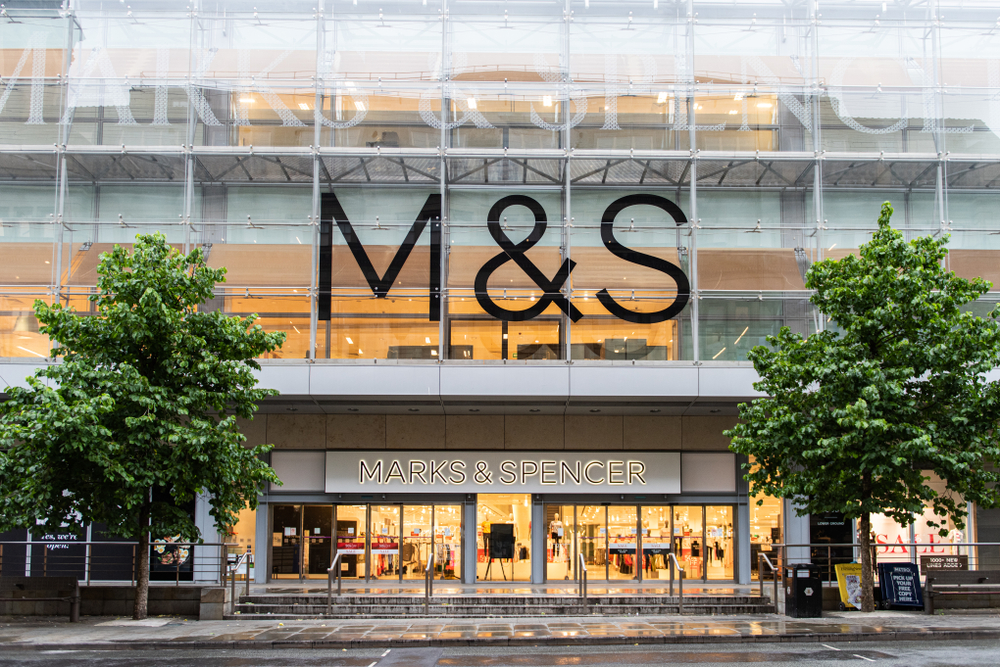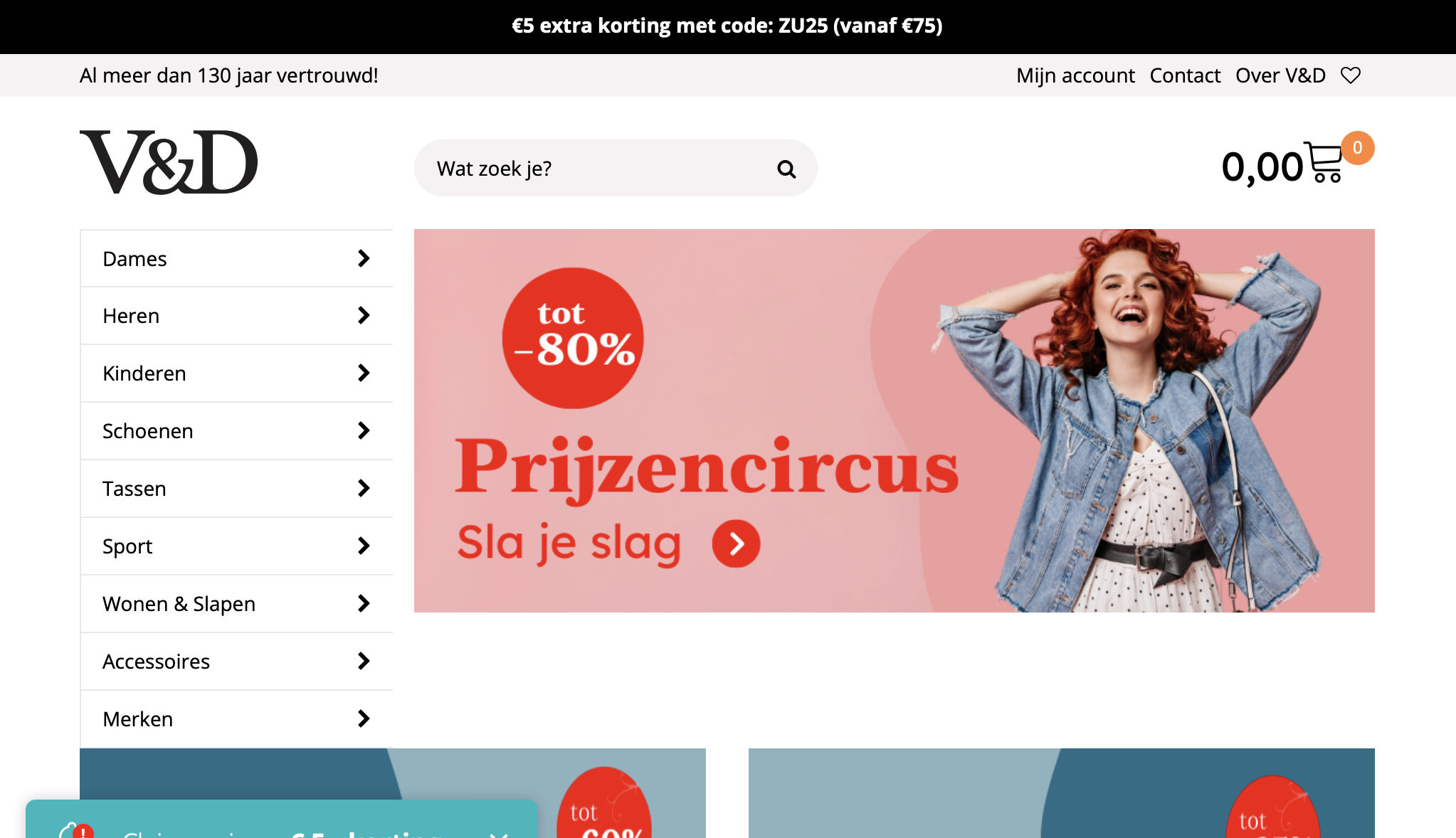An online marketplace that aims to connect customers with their local, independent shops has launched today.
During the course of a beta period, frooly has developed to the point where it now has more than 1,000 stores signed up, attracts some 25,000 unique users a month and sees transactions with an average value of £27. Sales categories include fashion, handmade, art and home, and gifts and jewellery.
Frooly was founded in Sheffield by Michael Ord and Gemma Baldan and has expanded to other UK cities – with ambitions to grow its trader base fast. It offers nationwide sales as well as city-by-city marketplaces.
Ord said: “We hope we can do something for local industries that hasn’t been done before. We want to provide local retailers with the best possible platform to launch their business and reach their public as easily and efficiently as possible. Right now we have nearly 1,100 online stores and we’re looking to increase that number to at least 10,000 by October.”
The company operates by giving local and independent retailers the ability to set up their own customized online stores free of charge. Its tools include word-of-mouth recommendation and social media, with stores that succeed in amassing social capital on the site featured in the Frooly Favourites section. That capital is represented as a Frooly Score, calculated through factors including number of Facebook fans, customer enquiries, shop sales, and length of time on the site.
Customers can personalise their experience by signing up to the site, and deliveries are covered by a frooly customer refund guarantee, while merchants can be trained in the use of social media and marketing.
Our view: To date, the major success of ecommerce has been in bringing products that are an inconvenient distance away, whether nationally or internationally, to the shopper’s doorstep, conveniently.
But more recently there’s also been a strong underlying current in favour of local sales, the importance of smaller shops, and of handmade goods which rates the importance of buying unique and one off items. In real life, farmers’ markets, and craft markets have benefited from this. Online, Etsy has done well by helping individuals and small traders to sell their crafts and handmade goods, while eBay and Amazon have capitalised on the importance to its small sellers of building word-of-mouth recommendation based on the service they deliver. Now frooly is following in the footsteps of both these models, but with extra points for retailers who promote themselves – and, presumably, frooly – successfully through social media.
It’s an interesting experiment that has every chance of being a real success. We’ll be watching to find out how it goes.








